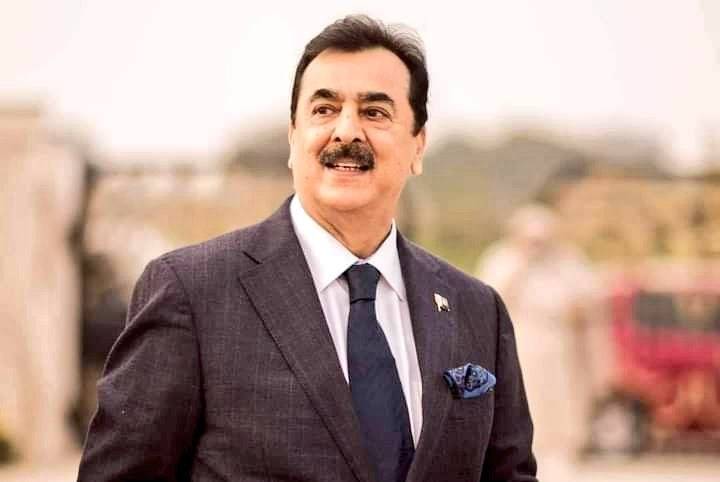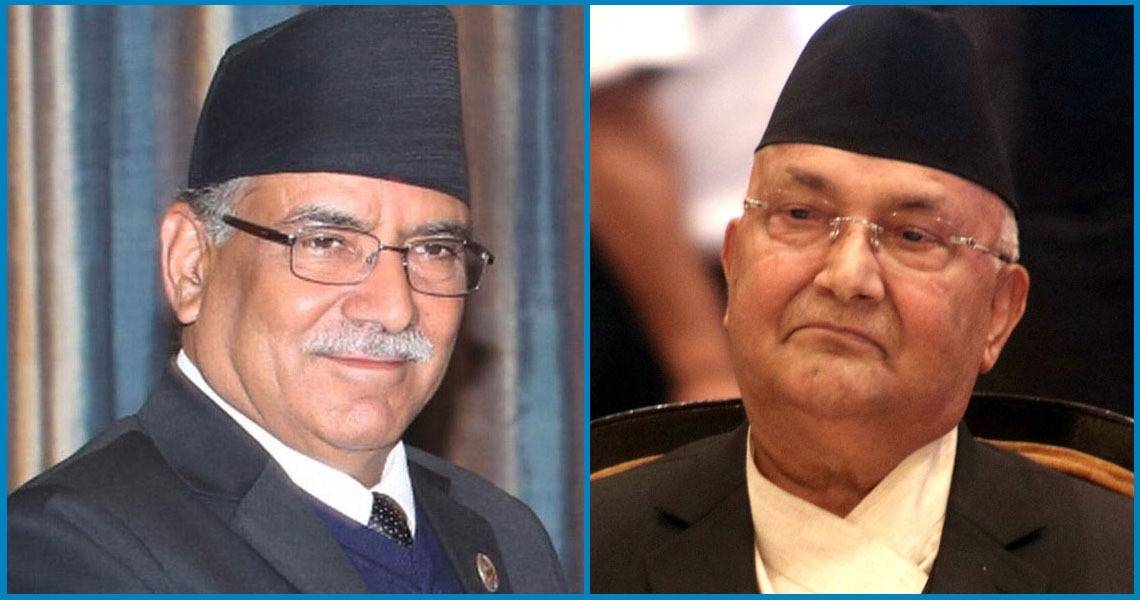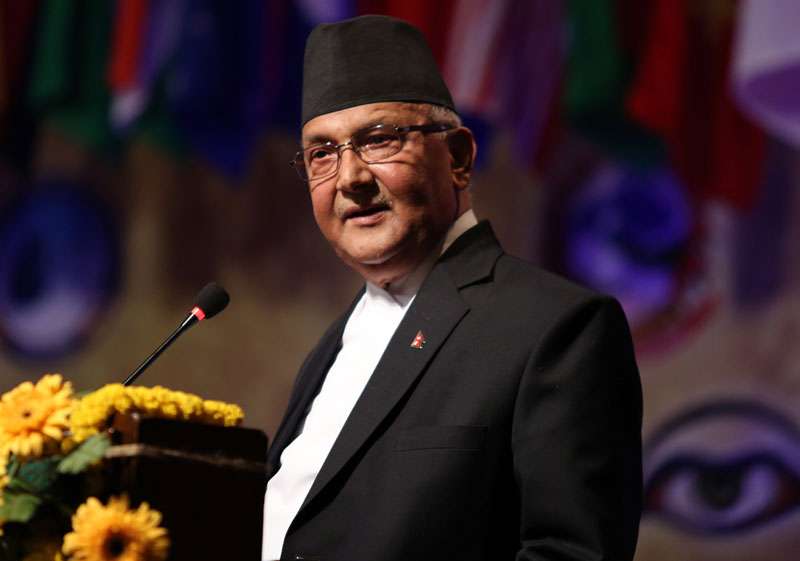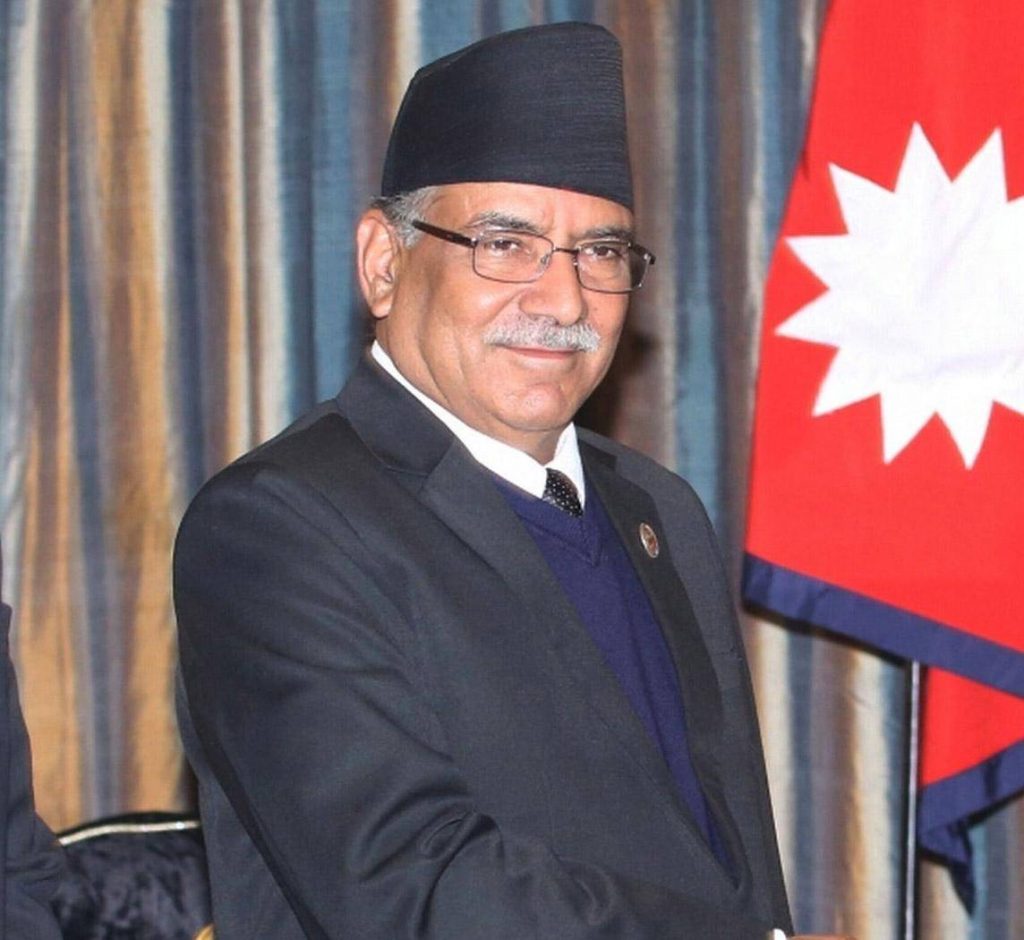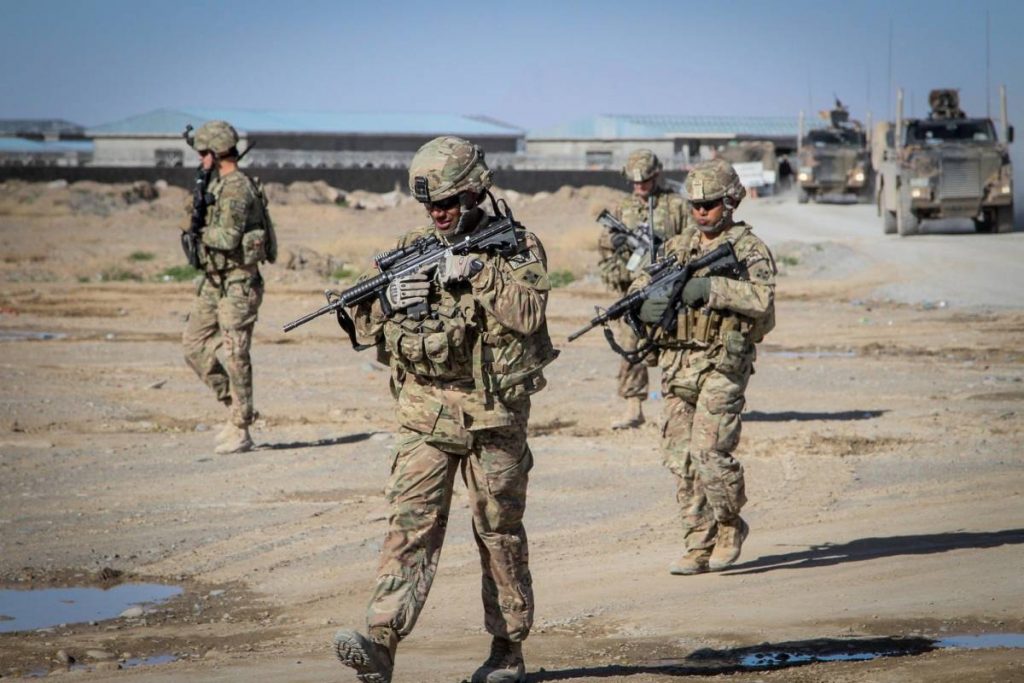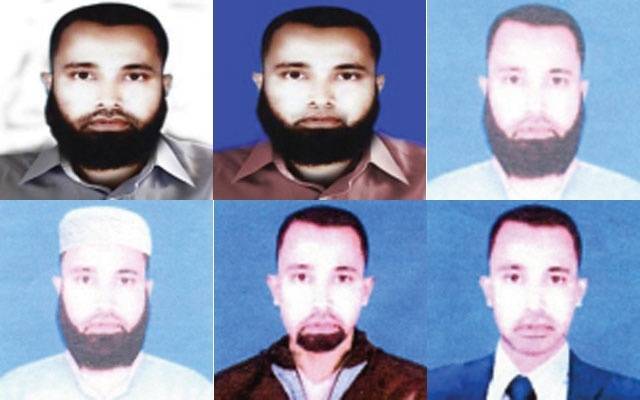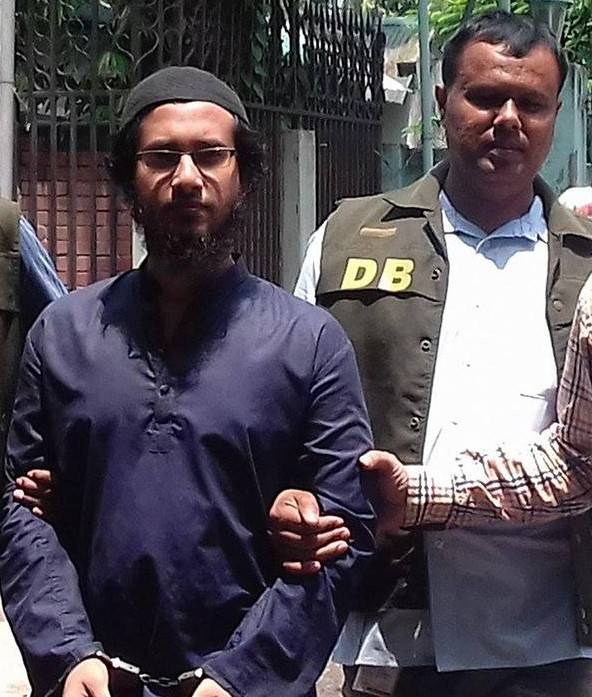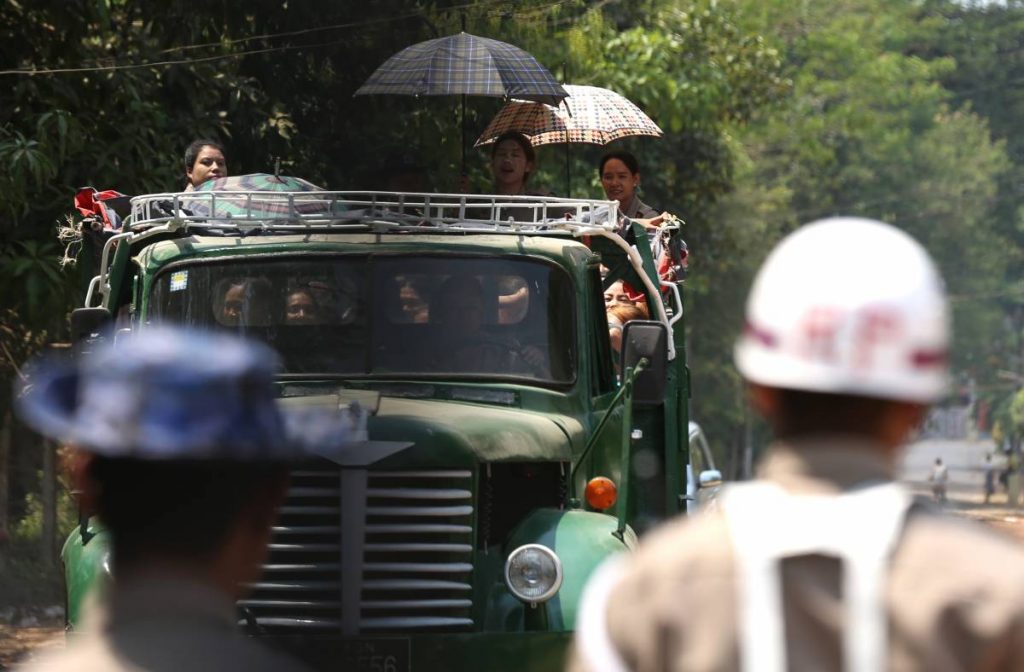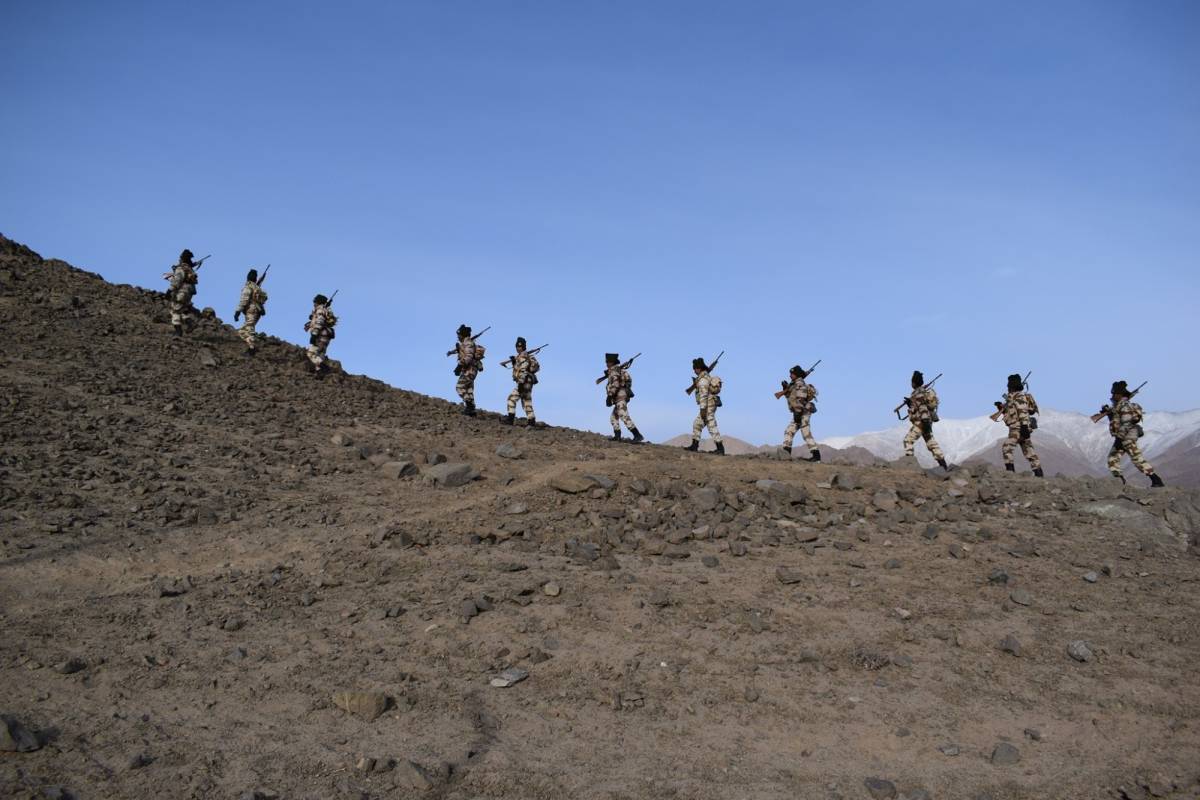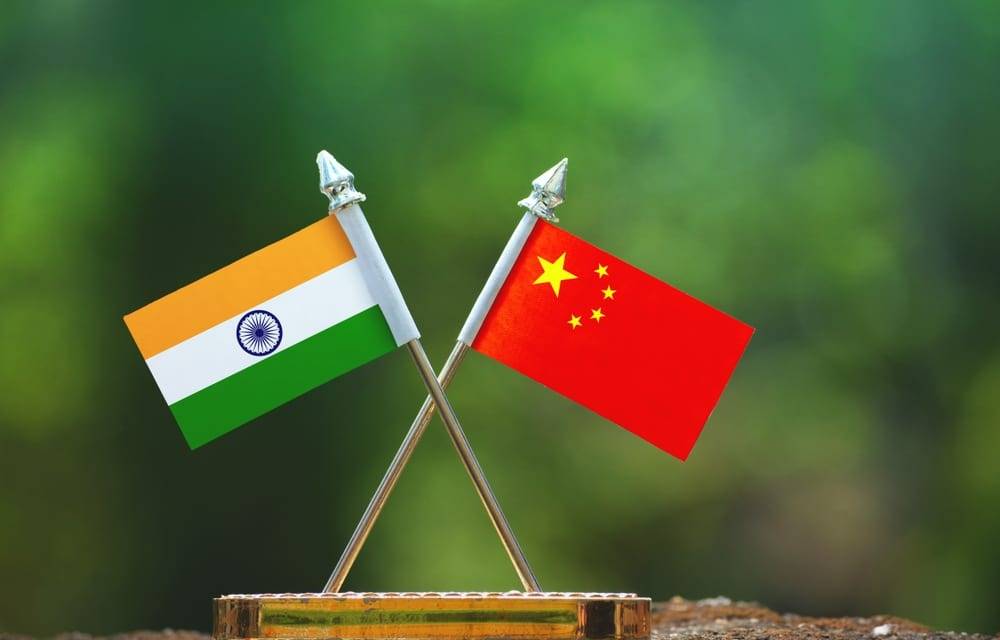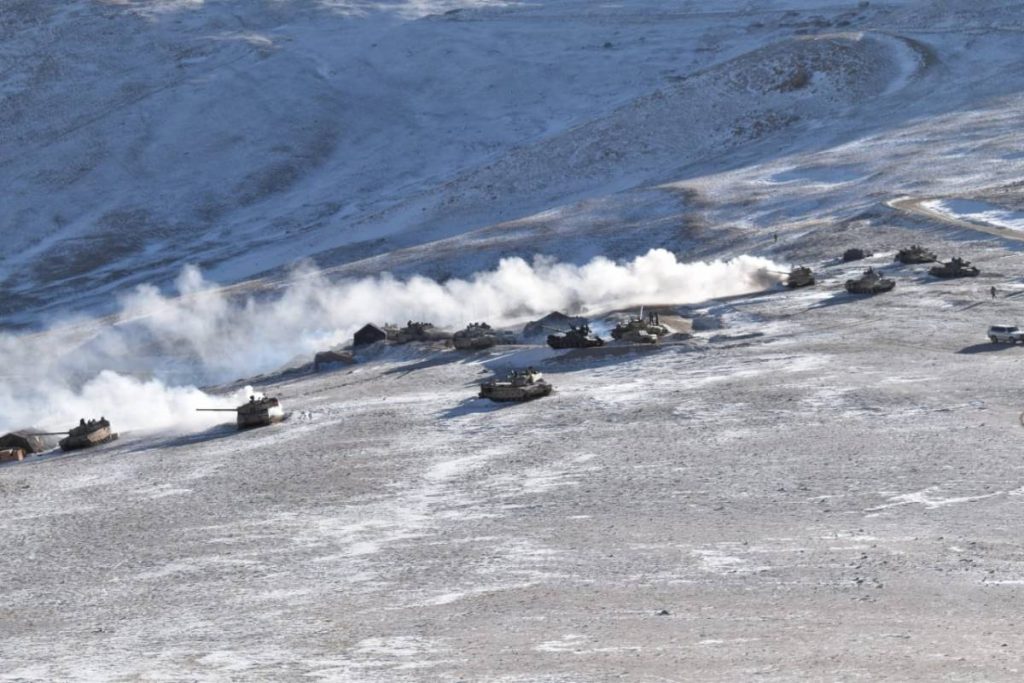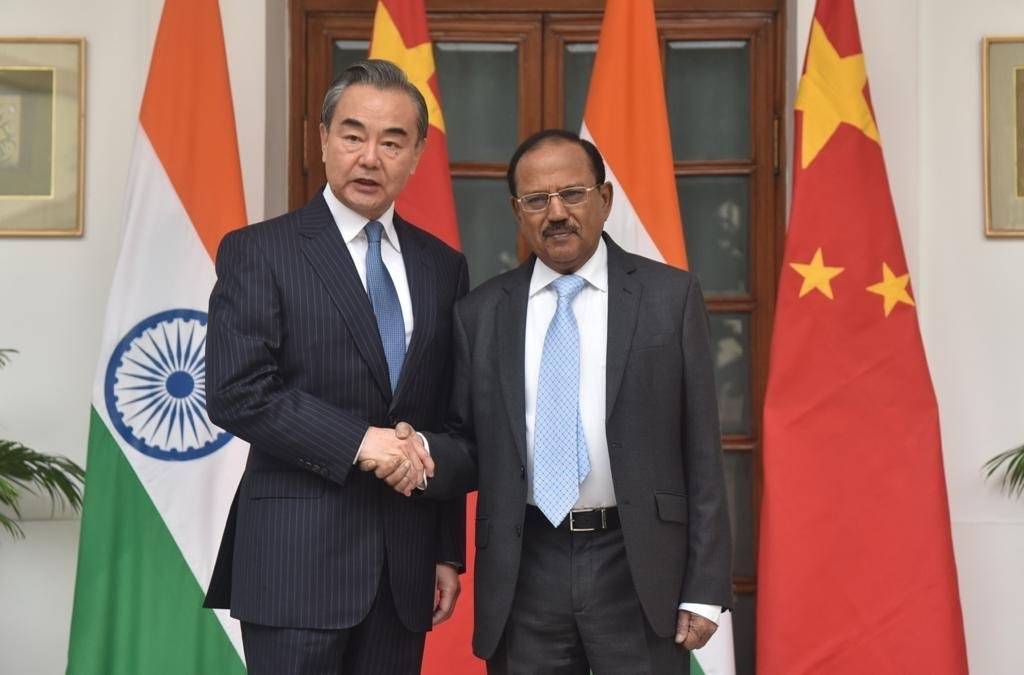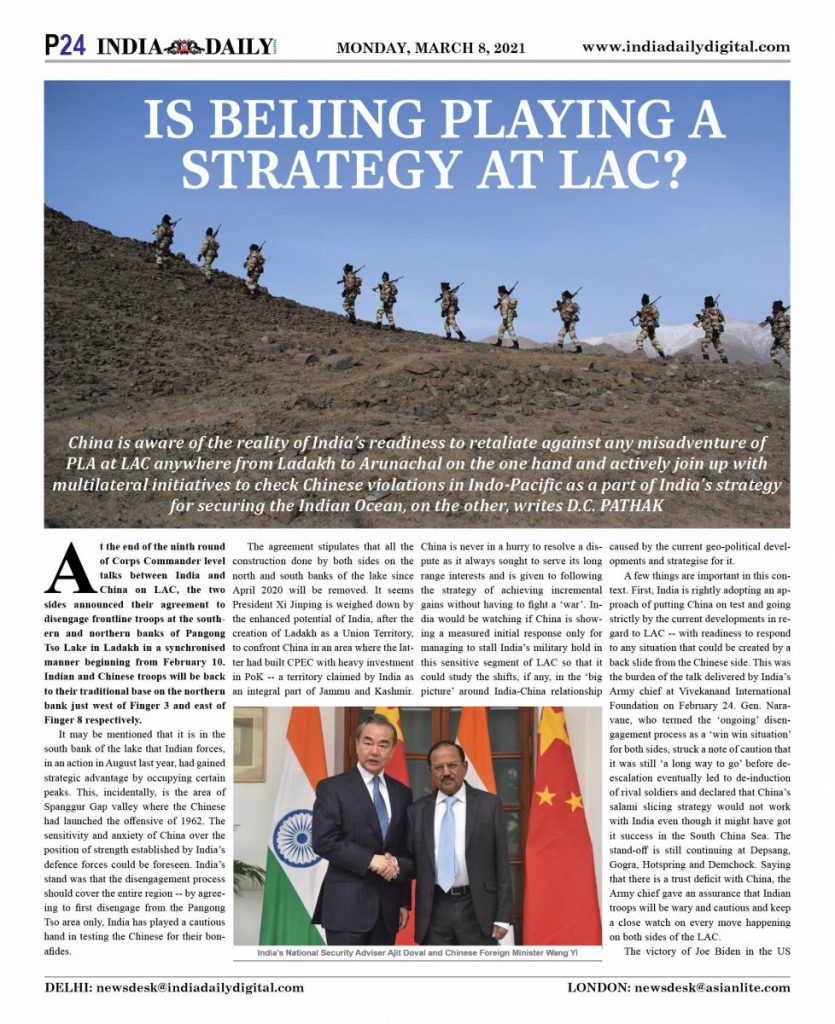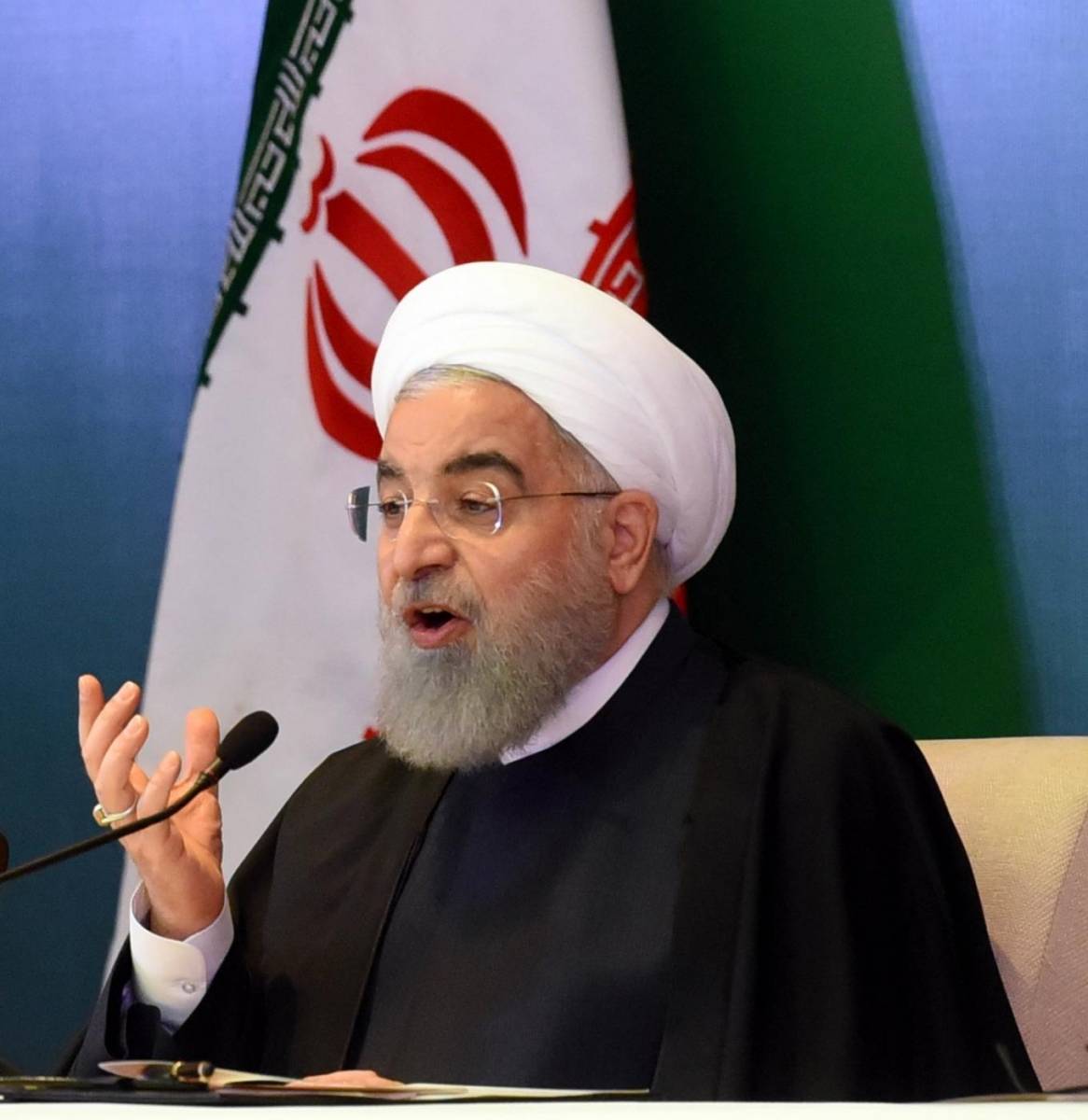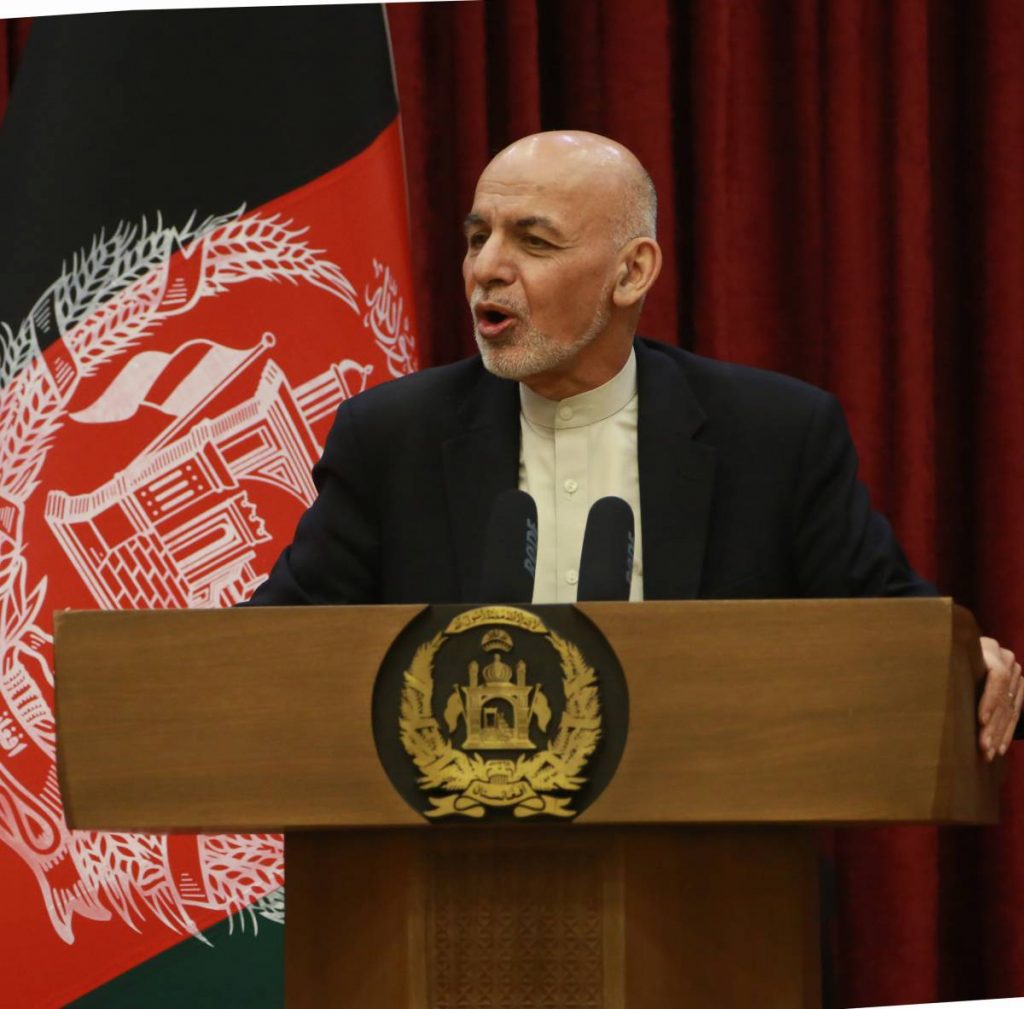After facing an embarrassing defeat in the high-stake Senate seat elections at the hands of the opposition’s candidate, the ruling Pakistan Tehreek-e-Insaf (PTI) has approached the Election Commission of Pakistan (ECP), asking it to put on hold the winning notification.
The PTI has approached the ECP with a plea, asking it to not release the notification announcing former Prime Minister and candidate of the opposition benches, Yousaf Raza Gillani, as the winning candidate of the Islamabad general seat for the Senate.
As per the plea, PTI wants ECP to hold Gillani’s notification till action on a video scandal is completed. The plea also contests that Gillani’s son, who is a member of the Punjab Assembly and was seen in a leaked video just before the Senate elections, should be de-seated from his provincial seat and be probed for bribing the Members of National Assembly (MNA), seeking vote for his father.
The petition has been filed by PTI’s Farrukh Habib, Maleeka Bokhari and Kanwal Shauzab.
“Ali Haider Gillani kept bribing the Members of National Assembly. PML-N leader Mariyum Nawaz in her speeches had promised an MNA a ticket from her party in the next general elections if they vote for the opposition’s joint candidate,” the plea maintained.
Also read:Pak PM wins vote of confidence
The move comes after the ruling party of Prime Minister Imran Khan faced an embarrassing defeat at the hands of Gillani who defeated Finance Minister Abdul Hafeez Sheikh in the Senate elections.
The severity of the defeat of the ruling party could be well understood by the fact that Imran Khan was forced to opt to go ahead with seeking a vote of confidence from the Parliament, a session that was boycotted by the opposition parties.
The defeat also pushed Imran Khan to come out with his address to the nation, in which he revealed that a massive amount of money was used to bribe the members to vote in favour of Gillani.
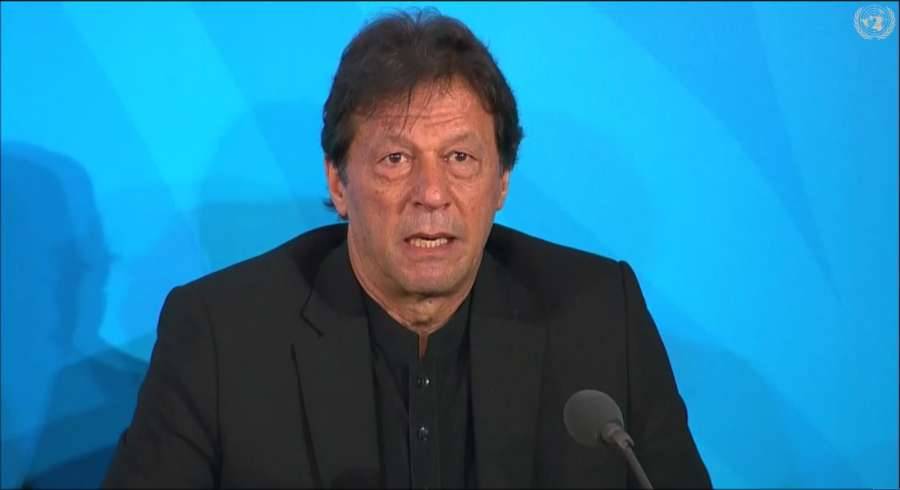
Imran Khan has been critical of the performance of the ECP, which, he said, has failed to ensure fair and corruption-free elections of the Senate.
The opposition parties, on the other hand, say that the defeat of the government’s candidate has established that the Prime Minister does not enjoy the confidence of the House.
Imran Khan has claimed that his party members were bribed to vote in favour of the opposition candidate. However, instead of identifying them and standing by his stated policy of having zero tolerance towards corrupt practices in his party, Imran Khan opted to use their votes to seek vote of confidence in the Parliament for himself.
It is pertinent to mention that Imran Khan’s premiership is sitting on only five votes of the Parliament, which is a very slim majority. This is the main reason why he cannot kick the sold out members from his party, as it would automatically reflect in decrease in his votes, toppling him as the country’s Prime Minister.
Also read:Pak Army chief, US envoy hold talks on Afghan peace

